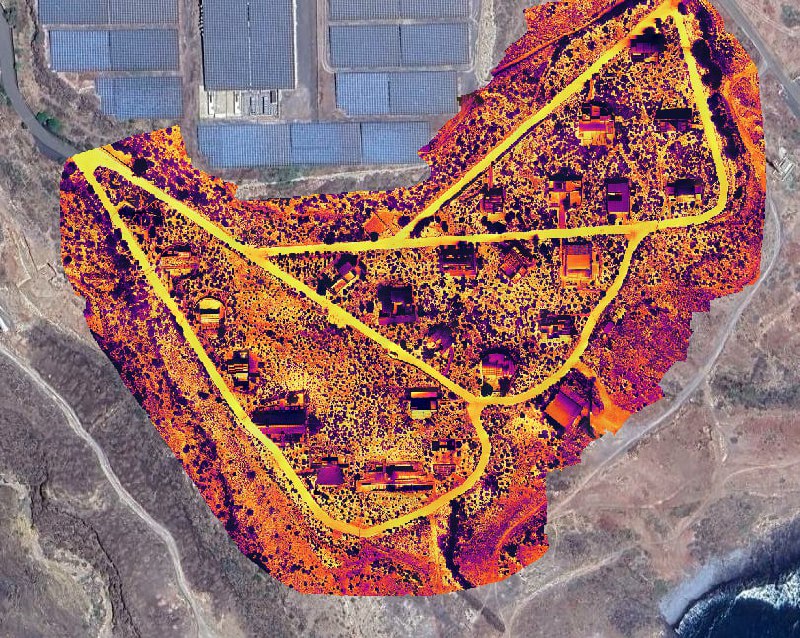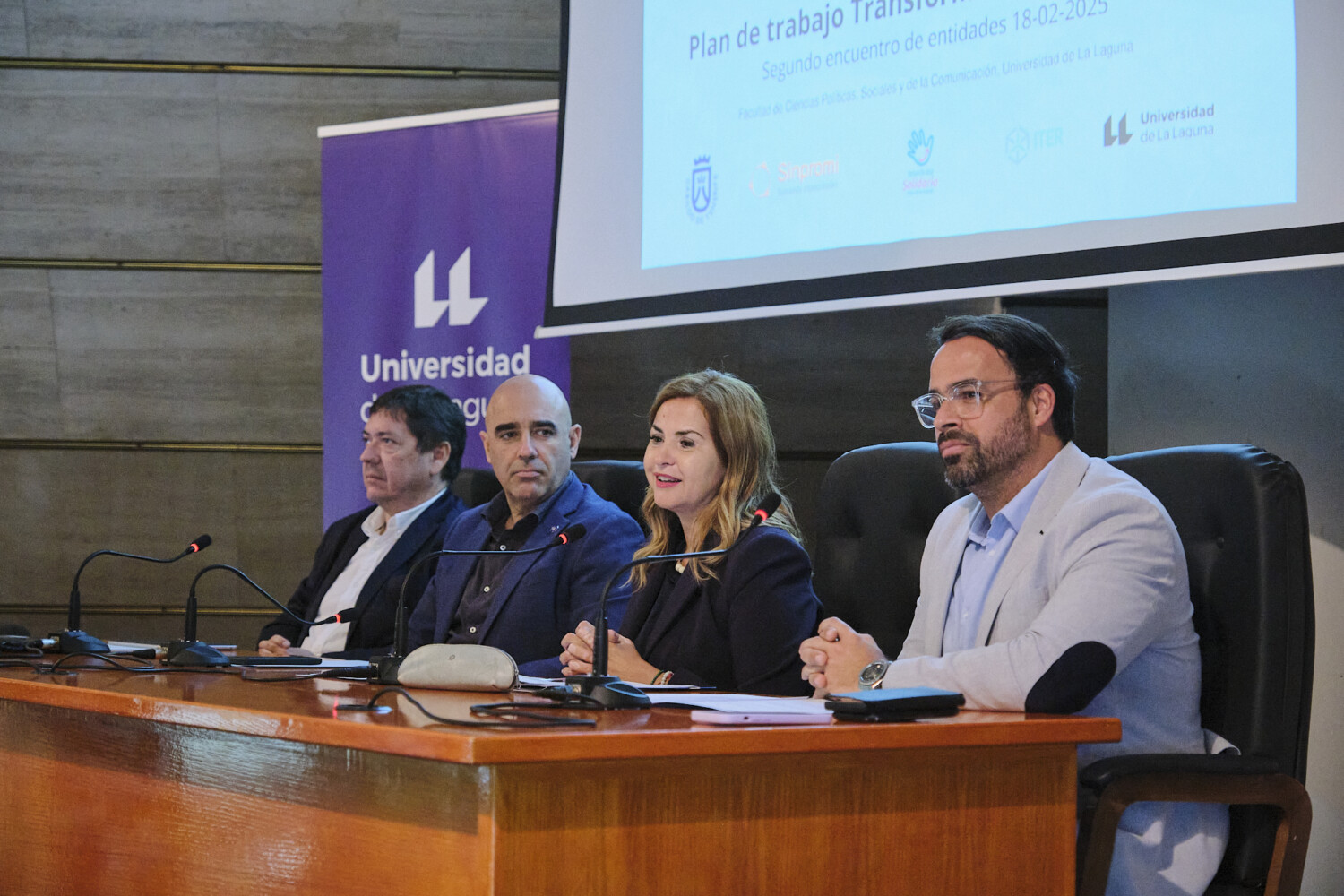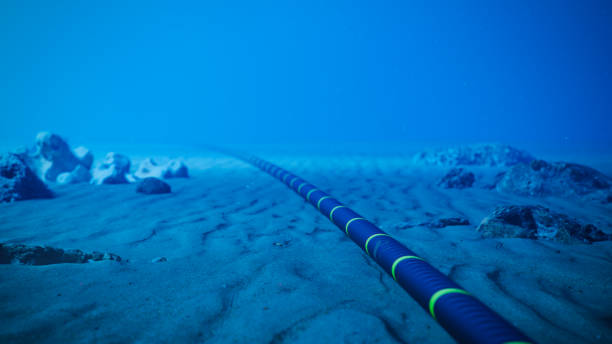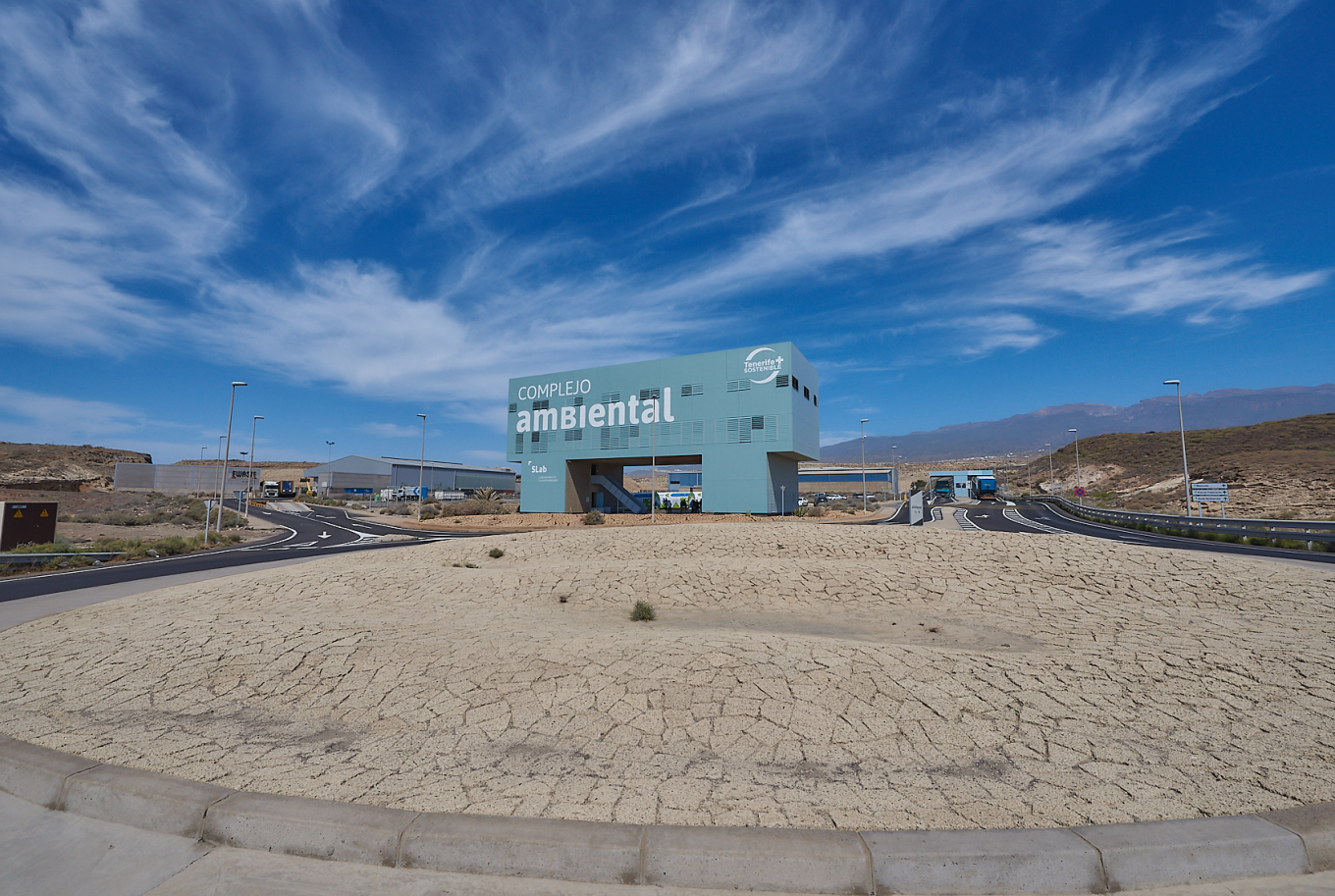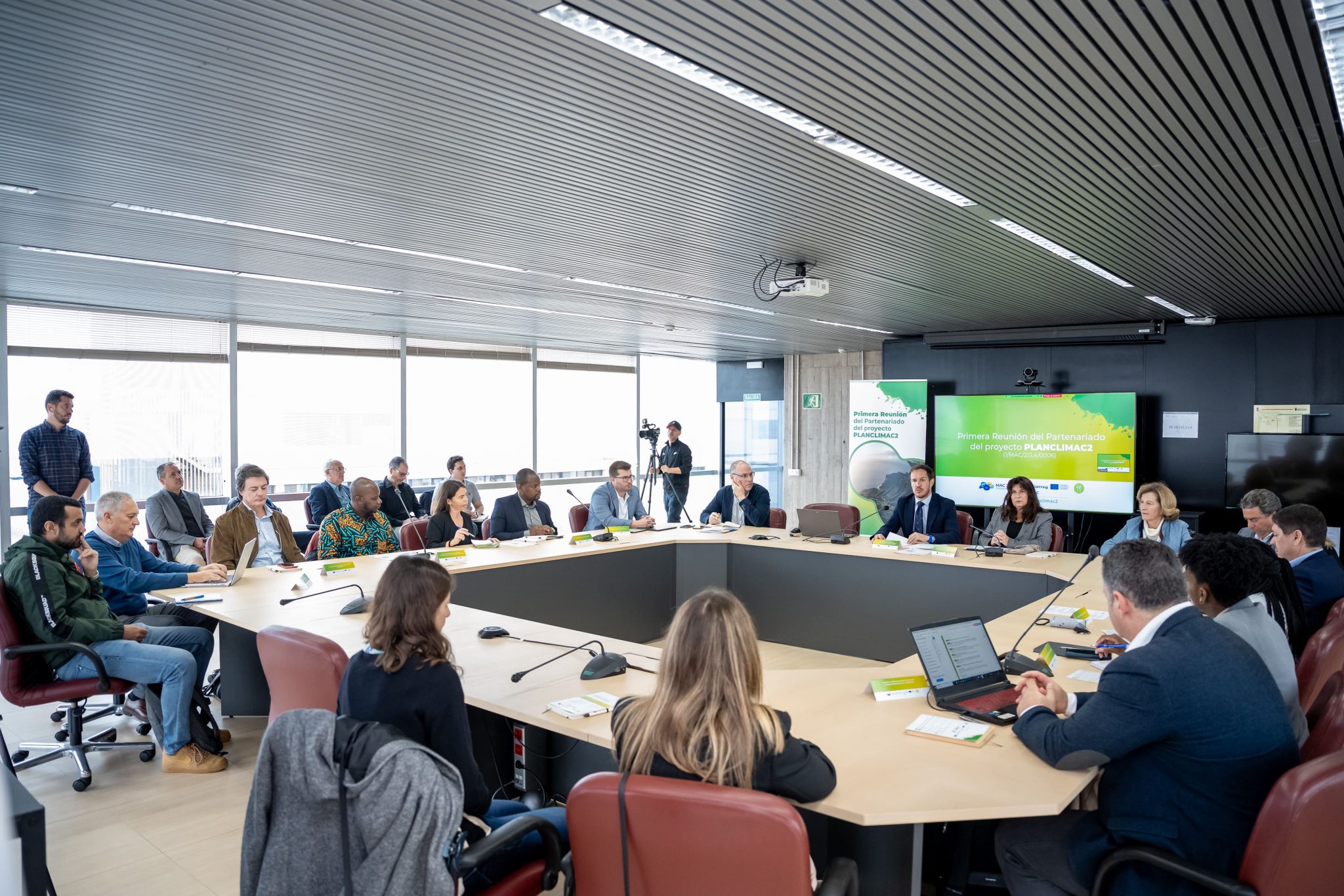The Instituto Tecnológico y de Energías Renovables (ITER) is developing the PAULIA project in collaboration with the Consejo Superior de Investigaciones Científicas (CSIC), through the Instituto de Ciencias de la Construcción Eduardo Torroja, the Real Jardín Botánico and the Servicios Municipales de Granadilla (SERMUGRAN),
PAULIAalso known as“Hot Spot Detection and Correction System for Public Spaces in Small Urban Areas”, is a pioneering initiative that seeks to improve the way in which climate vulnerability is assessed and addressed in smaller scale urban areas.
This project, which began in December 2023 and will last for three years, is led by the Instituto Tecnológico y de Energías Renovables (ITER), in a consortium with the Instituto de Ciencias de la Construcción Eduardo Torroja (IETcc-CSIC), the Real Jardín Botánico (RJB-CSIC) and the Servicios Municipales de Granadilla (SERMUGRAN).
The main objective of the project is to develop an integrated tool to assess small urban areas with climate vulnerability, detect hot spots and provide solutions for action linked to the type of ground cover material and the index and type of vegetation used as determinants of surface temperature and the microclimate of outdoor spaces, contributing to the optimization of comfort in public spaces.
The first stages of the project will focus on establishing a methodology for evaluating small urban areas using meteorological sensors, multispectral aerial images acquired with drones and satellite image analysis. This combination makes it possible to characterize urban spaces and detect hot spots, which facilitates decision-making to implement corrections to mitigate observed climate deviations.
PAULIA arose in response to the urgent need to address hot spots in small municipalities, the effects of which could intensify with climate change and affect the comfort of the inhabitants. This project is expected not only to solve an incipient problem, but also to have a significant impact in economic, social and environmental terms.
The PAULIA project (CPP2022-009932) has a total budget of 754,801.38 € and is funded by the Ministry of Science and Innovation and the State Research Agency and by the European Union within the framework of the EU Next Generation EU Recovery Plan and the Spanish Recovery, Transformation and Resilience Plan (PRTR).



